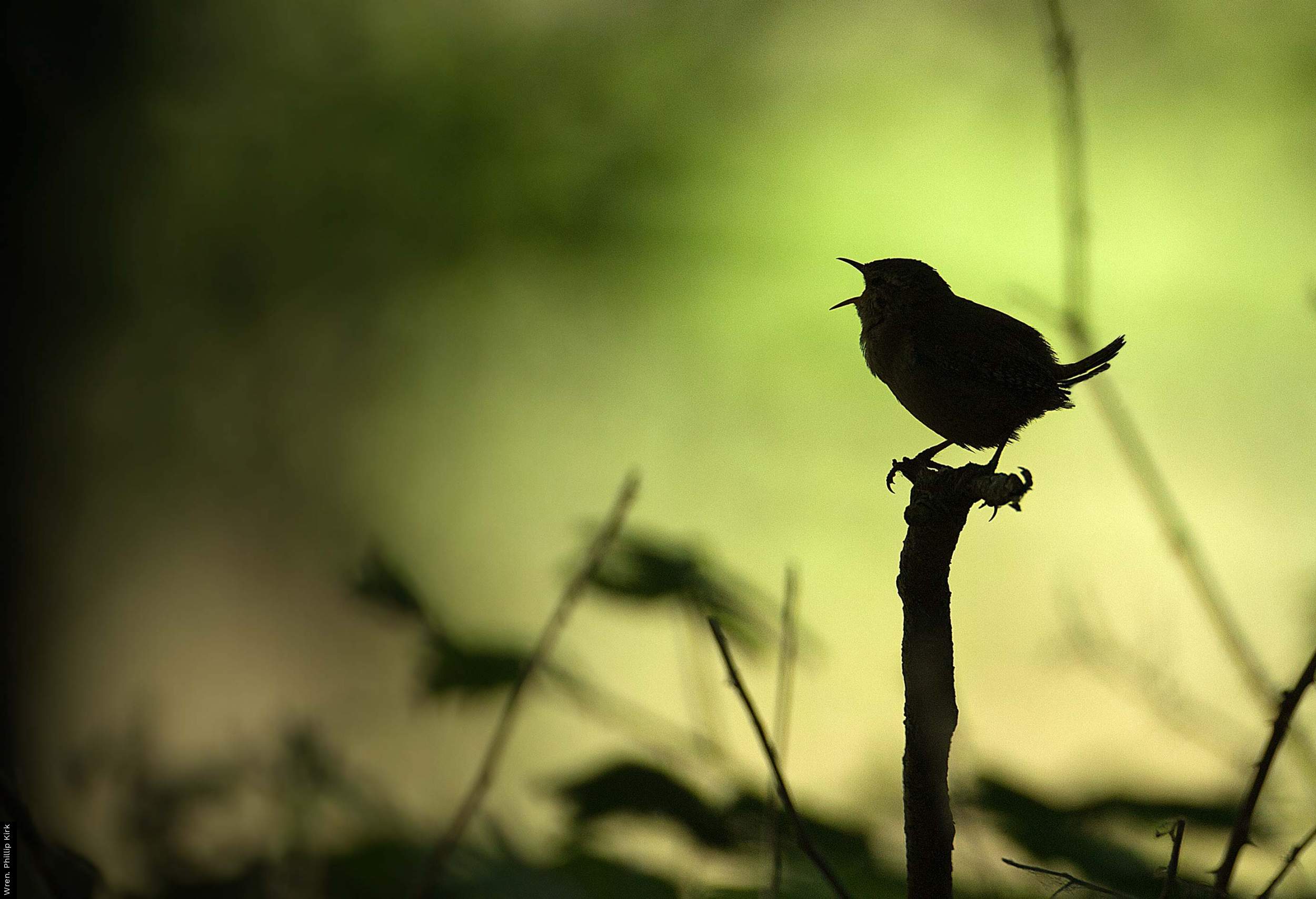Training courses overview
We run a number of courses throughout the year – see below for an overview.
About our online courses
All our online courses are interactive, and aim to equip you with strategies to continue your learning beyond the sessions. The multi-session courses include supported self-study exercises. The courses do not cover every species that you might encounter from any particular bird family. Instead, we focus on developing your approach to bird identification, using a range of tools and techniques to help you embed what you’ve learned, and that can be applied whenever you see or hear something unfamiliar. We signpost BTO-led projects that you can take part in, though this only forms a very small part of our courses (unless otherwise stated).
Sessions have 90–100 minutes of content, and a 5 minute comfort break mid way through. We have a maximum of 120 participants per session. We aim to have a minimum of 1 trainer for every 40 participants.
Our less advanced courses cover species that are common in the UK, and relatively straightforward concepts. To get the most out of such courses, you will ideally already recognise many of the common birds in your garden/immediate locality by sight, and own or have access to a pair of binoculars and a field guide.
Our more advanced courses tackle species that are more challenging to identify, less often encountered in the UK, and/or more habitat-specific. They also include some more technical concepts and approaches to bird identification, e.g. bird topography, moult and ageing. To get the most out of these courses, you will ideally be able to confidently identify most of the common birds in your garden/immediate locality by sight, and some of them by sound. It will also help if you expect to have opportunities to practise identifying the species/groups covered in the course within a few months of your participation.
We don’t currently offer an entry-level course for people who are completely new to birdwatching. If you are not sure if your level of knowledge is suitable for a particular course, or have any other queries about what we offer, please email us at training [at] bto.org.
Our courses are designed for amateur birdwatchers and (potential) volunteer bird surveyors. Professionals seeking training should contact us at training [at] bto.org or by phone +44 1842 750050.
Participants of all ages are welcome but under 13s will need parental consent.
In addition to the courses listed below, staff from BTO’s country offices run online courses tailored for supporters in Scotland and Northern Ireland, and linked to guided practice sessions in the field. To hear about relevant opportunities, please sign up to the e-newsletter for Scotland or Northern Ireland.
Courses available for booking are advertised on the Training Courses page.
| Time of year | Online course | No. of sessions | Cost | Summary | Level |
| January | Raptor ID | 2 | £24 | How to tackle raptor identification, focusing on species that occur regularly in the UK. | More advanced |
| February | Corvid ID | 1 | £12 | How to tackle Corvid identification, with a focus on the more challenging dark plumage species. | More advanced |
| March-April | Bird ID | 3 | £36 | An overview of the bird ID process, with an emphasis on how to identify more common garden and woodland species by sound. | Less advanced |
| May | Songbird ID | 3 | £36 | Identification techniques for some of the more challenging bird families found in the UK (e.g. warblers and pipits) including songs and calls. How to take photos and make sound recordings of birds with a smartphone. | More advanced |
| June | Seabird ID | 2 | £24 | Identification of seabirds that breed in the UK, including terns, auks, Cormorant and Shag. | Less advanced |
| June | Seabird Ecology | 1 | *Free | An overview of the status and ecology of UK breeding seabirds, the threats they face, and BTO's fascinating tracking work on gulls, skuas and more. | Less advanced |
| August | Wader ID | 2 | £24 | How to approach wader identification, using a range of species that regularly pass through, or winter in the UK as examples. | More advanced |
| September | Waterbird ID | 2 | £24 | Identification of waterbirds that occur regularly in the UK in winter, including ducks, geese, swans and grebes. | Less advanced |
| September | Counting birds and WeBS | 1 | Free** | Advice on counting flocks of birds, particularly waterbirds and waders. 45 minute introduction to the Wetland Bird Survey (WeBS). | Less advanced |
| November | Gull ID | 2 | £24 | How to approach gull identification, moult and ageing, using 8 species that occur regularly in the UK as examples. | More advanced |
| October–November | Face-to-face sessions; possibly repeats of autumn/winter courses, subject to demand. | ||||
*Seabird ecology is offered free thanks to the generous support received for BTO’s Our Lost Seabirds appeal.
**Counting birds and the Wetland Bird Survey is free because half of the session is spent discussing how to take part in WeBS, with a view to increasing participation in that BTO-led survey.






Share this page